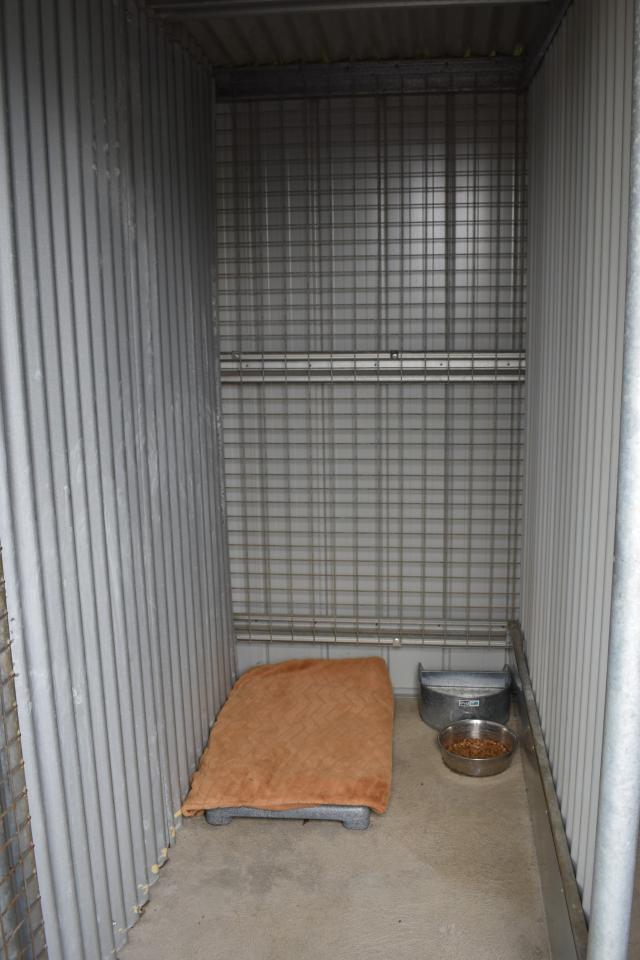
Sophie Conlon
A whirlwind visit from the Dog and Cat Management Board has seen the City of Mount Gambier’s pound approved for the second time in seven months.
A board officer attended the holding facility at council’s request on February 1 for an audit following community outrage on social media.
Speaking to SA Today, a board spokesperson confirmed the pound was compliant and was similar to facilities in other council areas around South Australia.
“All councils have arrangements in place to use an approved facility for detaining dogs for up to 72 hours in accordance with the Dog and Cat Management Act 1995,” they said.
“An officer from the Dog and Cat Management Board inspected the Mount Gambier dog pound in person on 1 February 2024 and confirmed it was compliant under the Act.”
This was again backed up in a now public letter from board manager Ann Gee to council chief executive officer Sarah Philpott.
“I can confirm the detention facility meets the policy requirements set by the board, and the approval for the purpose of detaining dogs seized under the Dog and Cat Management Act 1995 granted July 2023 remains in place,” the letter read.
Council’s general manager corporate and regulatory services Jane Fetherstonhaugh said during the visit they had discussed future facilities, with impounding cats under consideration as part of the current review of the Dog and Cat Management Act.
In the letter Ms Gee said council had conveyed they were exploring other comforts at the facility such as roof ventilation and shade sails.
This is inline with updates already in place like acquiring a small plastic children’s swimming pool for use on hot days.
Ms Fetherstonhaugh said the pound could appear basic compared to the comforts of home, but that was to ensure the safety of the dogs and council staff.
“We need to ensure that the floors are constructed of impervious materials that are free of cracks or small gaps that potentially harbour infectious bacteria,” she said.
“When we receive a dog, we don’t know its medical or behavioural history.
“It may not be vaccinated or may be carrying an infection or disease.
“The dog needs to be quarantined and there needs to be effective housing and hygiene protocols in place to prevent the potential spread of disease to other dogs held at the facility.”
Again, Ms Fetherstonhaugh stressed the importance of registering and microchipping your pets.
“Please remember that the best way to keep your dog out of the pound is to ensure that you microchip and register your animal to enable it to be returned to you quickly by council’s general inspectorate team,” she said.
Since July 2023, 188 dogs have been collected by council inspectors, 176 dogs have been returned to their owners and 12 dogs have been impounded. Six dogs have been transferred to partner organisations for rehoming and six were fostered.







